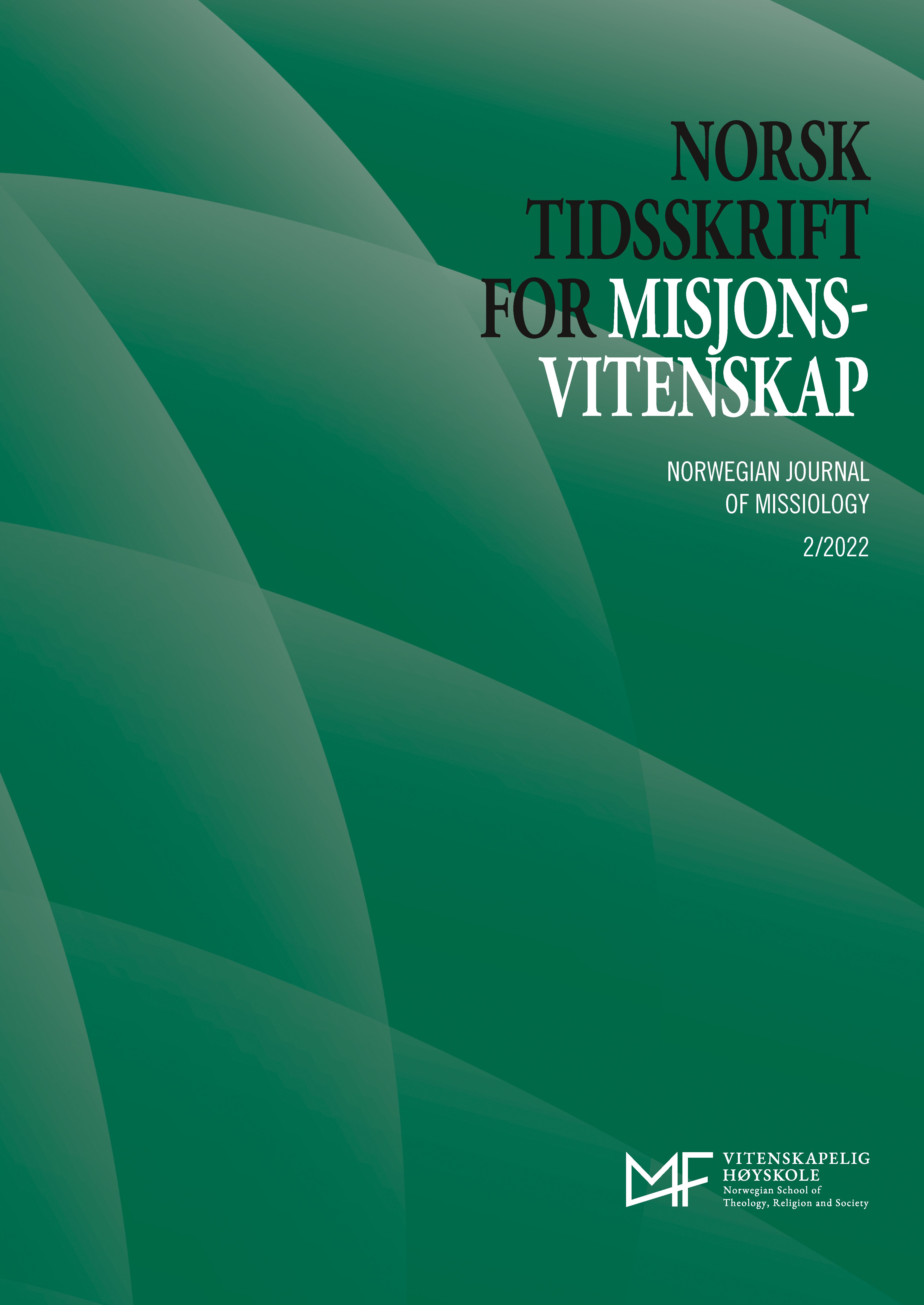Laamɗo som alternativ gudsbetegnelse til Allah i bibeloversettelsen til Mali-fulani
DOI:
https://doi.org/10.48626/ntm.v76i2.5518Abstract
With an example taken from the translation of the New Testament into Mali-Fulani (published in 2005), the article discusses the question of choosing an appropriate designation of God. The Fulani people is predominantly Muslim and in most of the cases where the Bible is translated into predominantly Muslim contexts, the translators choose the Arabic designation Allah. However, the translation team that translated the New Testament into Mali-Fulani from the 1980s and onwards – and is now translating the Old Testament – has chosen another solution, the pre-Islamic divine name Laamɗo which means “the one who rules”. This is a name that is also used in Islam as one of Allah’s many names. The Mali-Fulani experience with the New Testament is that users identify Laamɗo with Allah. As the completion of the Old Testament is coming near and an entire Bible is to be put together, the question of choosing a designation for God comes up again. The translation team, therefore, puts it on the agenda. In favor of choosing Allah as the designation of God, it is noticed that Allah is a Christian, pre-Islamic designation of God and that it will facilitate cooperation between Mali-Fulani Christians and Christians from other contexts who also use Allah as their designation for God. In favor of choosing Laamɗo, the value of a designation for God attested in the mother tongue is noticed, and the possibility of a clearer distance to Islamic theology is also discussed.
Downloads
Metrics
Downloads
Published
Issue
Section
License
Copyright (c) 2022 Norwegian Journal of Missiology

This work is licensed under a Creative Commons Attribution-NonCommercial-NoDerivatives 4.0 International License.
Norsk Tidsskrift for Misjonsvitenskap er i dag et digitalt tidsskrift som er tilgjengelig gratis for alle. Artikler gjøres offentlig tilgjengelige med en såkaldt Creative Commons lisens CC BY-ND på tidsskriftets hjemmeside. Dette innebærer at alle står fritt til å gjenbruke artikkelen under forutsetning av at opphavspersonen blir navngitt.





